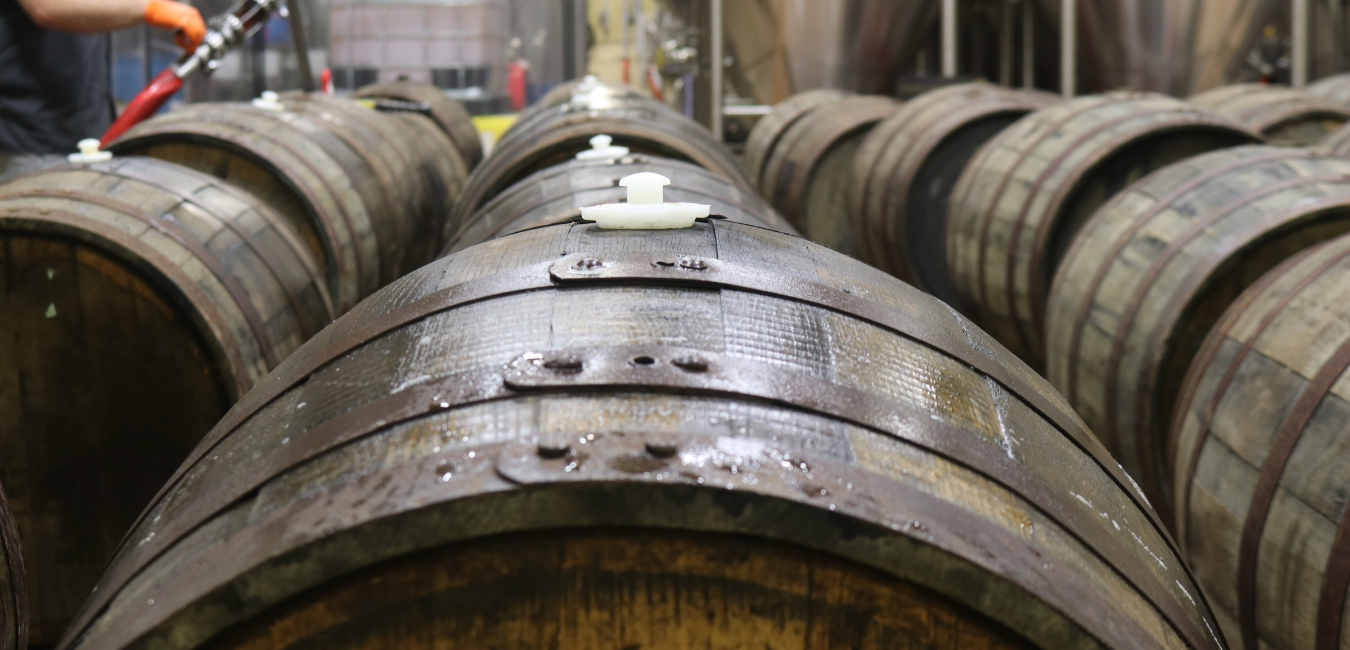
Franschhoek valley, a small town in the Western Cape province of South Africa, is known today for its beautiful scenery and high-quality wineries. In fact, it is also known as the source of an important share of the wine exported by South Africa. The origin of this town goes back to the late 17th century, when French Huguenot refugees settled there after being expelled from France following King Louis XIV’s revocation of the Edict of Nantes. Coincidence?
Not really. These refugees were a source of knowledge, brought from France, which eventually made Western Cape the first-class wine exporter that it is today, competing in global markets with wineries from all over the world.

This anecdote suggests that migrants and refugees, in fact, are a key element in economic development and in closing the gap between the rich and the poor. Why is that? Economists have long known that differences in productivity is what explains the largest portion of cross-country income differences; yet, we know less about what makes a country, a firm, or a worker more productive.
But, if knowledge is the key component of productivity, how come we cannot simply “learn from each other” and thus close the gap between the rich and poor countries? In other words: How come those who are less productive cannot learn from those who are very productive?
The answer has to do with understanding that knowledge comes in three different types. First, there is the knowledge embedded in goods (often called technology). For instance, having a calculator exempts a person from knowing how to add or subtract, as the knowledge is embedded in the product. Yet, as this type of knowledge can be shipped around the globe at very low costs, it cannot really explain large differences in productivity.
"Migration is an important vehicle in the process of the diffusion of knowledge."

